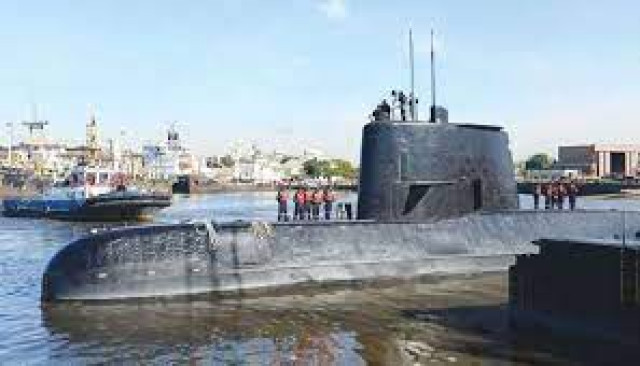Marine, Blue Economy can Feed over 9 million by 2025
The National President of National Association of Managing Directors of Licensed Customs Agents, (NCMDLCA), Lucky Amiwero, has said that the Marine and Blue Economy has the capacity to contribute more to the nation’s Gross Domestic Products, GDP as well as feed about nine million Nigerians by 2025.
Amiwero in a letter to President Bola Ahmed Tinubu on the need to exploit the full potential of the Marine and Blue Economy noted that all that is needed is for the Federal Government to work closely with the private sector to maximise the full potentials of the various sub-sector of the Marine and Blue Economy.
He noted that government must set out clear, consistent goals and target for a Sustainable Blue Economy. He noted that the public and private sector shall: Plan, manage and effectively govern the use of marine space and resources, applying inclusive methods and the ecosystem approach Develop and apply standards, guidelines, and best practice that support Sustainable Blue Economy.
In the letter dated February 19, 2024 “Nigerian Blue Economy For Sustainable Economic Growth And Institutional Governance,” listed the sub-sector of the Marine and Blue Economy to include; fisheries, Mari culture, aquaculture, coastal tourism, marine biotechnology, and ocean energy, some of these sector will require little encouragement and additional governance, while others need more better planning to achieve their full potential.
According to him, “The goods and service produced from marine ecosystems could make greater contribution to reducing poverty, building resilient communities, fostering strong economies, and feeding over 9 billion people by 2025.”
“Recognized that the maritime and land-based economics are interlinked and that many of the threats facing marine environment originate from the land Improved governance to grow a blue economy, this is essential for sustainable use of Oceans, sea and Maritime resources, for biodiversity conservation, for improved human well-being, and for ecosystem resilience, traditional knowledge and practices can also provide cultural appropriate approaches for supporting improved governance.
“The public and private sector shall: Plan, manage and effectively govern the use of marine space and resources, applying inclusive methods and the ecosystem approach Develop and apply standards, guidelines, and best practice that support Sustainable Blue Economy.
“Additional growth of the blue economy is possible in a number of areas, especially: fisheries, Mari culture, aquaculture, coastal tourism, marine biotechnology, and ocean energy, some of these sector will require little encouragement and additional governance, while others need more better planning to achieve their full potential.




















